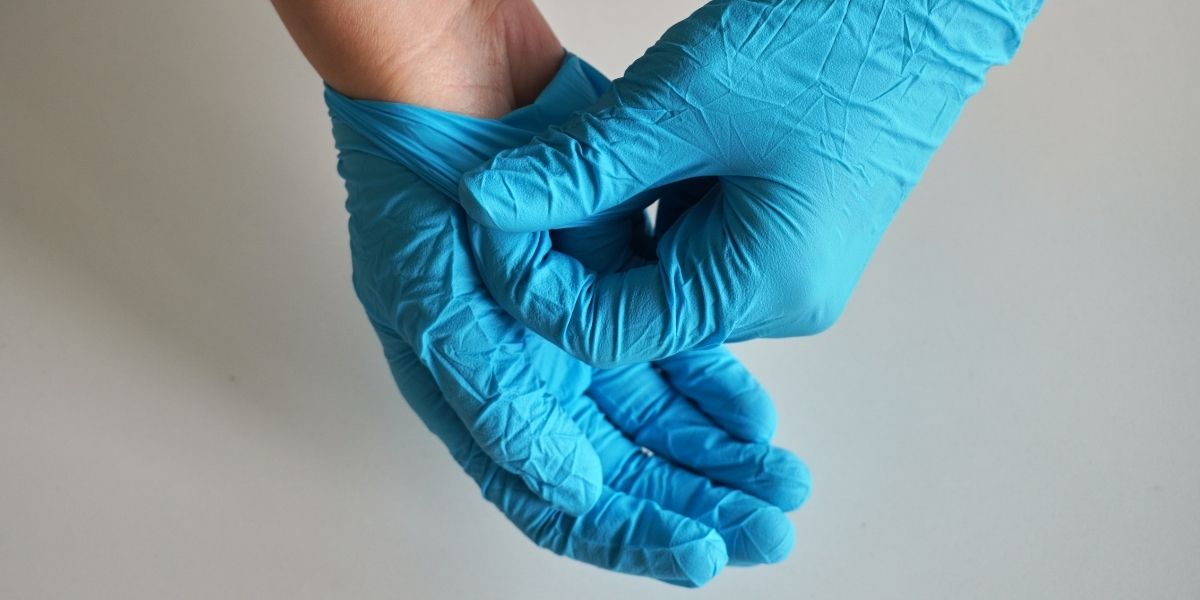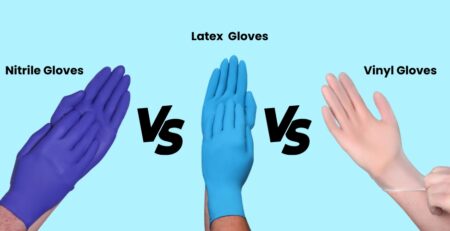
Aug
Is Wearing Disposable Gloves a Universal Precaution?
When we hear the phrase “universal precautions,” many of us immediately think of healthcare workers, hospitals, or laboratory safety. But the truth is, universal precautions go beyond just medical settings—they’re about protecting ourselves and others from potential exposure to harmful substances or infections. One of the most common tools in this practice is disposable gloves. But does simply wearing them count as a universal precaution? Let’s break it down.
What Do Universal Precautions Mean?
The term “universal precautions” was introduced by the Centers for Disease Control and Prevention (CDC) in the 1980s during the HIV/AIDS crisis. The idea was simple: treat all human blood and certain body fluids as if they are infectious. This approach reduces the risk of transmitting pathogens, even when you don’t know someone’s health status.
Today, universal precautions are still at the core of infection control across healthcare, cleaning industries, food handling, and even personal care services. They include practices such as:
- Wearing disposable gloves
- Using protective clothing like gowns or masks
- Proper hand hygiene (handwashing and sanitizers)
- Safe disposal of needles and sharps
- Environmental cleaning and disinfection
Gloves, as you can see, are just one part of a bigger picture.
The Role of Disposable Gloves in Universal Precautions
To ensure proper glove selection for chemical safety, explore our guide on choosing the right gloves for chemical protection.
Disposable gloves are considered an essential barrier between your skin and potentially infectious material. They serve two main purposes:
- Protecting the wearer – Gloves shield your hands from blood, body fluids, chemicals, or other contaminants.
- Protecting others – Gloves prevent the transfer of germs from your hands to patients, surfaces, or food.
In high-risk environments such as hospitals, dental clinics, or cleaning services, gloves are not optional—they’re required. But here’s the key: simply wearing gloves doesn’t automatically mean you’re fully following universal precautions.
Why Gloves Alone Are Not Enough
It’s a common misconception that gloves equal complete protection. In reality, gloves can create a false sense of security if not used properly. For example:
- Cross-contamination happens when someone touches multiple surfaces with the same pair of gloves.
- Improper removal of gloves can actually expose the wearer to contaminants on the glove’s surface.
- Not washing hands after glove removal can spread germs, since microscopic tears in gloves may still allow pathogens through.
- Reusing disposable gloves (yes, it happens!) undermines their entire purpose.
That’s why gloves are just one element of universal precautions, not the whole solution.
Where Disposable Gloves Are Considered a Universal Precaution
Gloves are used across many industries as a visible sign of safety. Some key examples include:
- Healthcare: Doctors, nurses, and lab technicians rely on gloves during blood draws, patient care, surgeries, and handling specimens.
- Food industry: Gloves protect consumers by preventing contamination during food prep and service.
- Cleaning and janitorial work: Workers often handle waste, chemicals, or biohazards where gloves are essential.
- Personal services: Tattoo artists, nail technicians, and barbers use gloves to prevent cross-contamination and protect both clients and themselves.
In all these industries, gloves are an integral part of universal precautions, but they are always paired with other protective measures.
Human Behavior and Gloves: The Psychology of Safety
Here’s where human behavior plays a big role. Studies show that when people wear gloves, they may unconsciously take more risks because they feel safe. This is called risk compensation—the belief that protective equipment makes you invincible.
For example, a food handler might skip washing hands if gloves are on, or a healthcare worker might accidentally touch their face, believing the glove is protection enough. In reality, this behavior can increase exposure risk.
The takeaway? Gloves are a safety net, not a substitute for common sense or good hygiene practices. Training and awareness are just as important as the gloves themselves.
How to Use Disposable Gloves Correctly
If gloves are to be a true universal precaution, they need to be used properly. Here are a few golden rules:
- Always wash hands before and after glove use.
- Choose the right size and material. Too tight can rip; too loose can slip off.
- Change gloves between tasks. Don’t use the same pair for multiple activities.
- Remove gloves safely. Avoid touching the outside surface—peel them off inside-out.
- Never reuse disposable gloves. They are called disposable for a reason.
- Dispose of them properly. In healthcare and cleaning industries, follow biohazard disposal protocols.
When used correctly, gloves dramatically reduce the risk of transmission. When misused, they can become a hazard themselves.
So, Are Disposable Gloves a Universal Precaution?
The short answer: Yes—but only as part of the bigger picture. Wearing disposable gloves is one of the most visible and effective universal precautions, but by itself, it’s not enough. Gloves should always be combined with other safety measures such as proper hygiene, protective clothing, and safe disposal practices.
When businesses and individuals treat gloves as one tool in a complete infection-control strategy, they truly become a universal precaution. And when safety is a priority, it doesn’t just protect workers—it builds trust with clients, customers, and communities.
At the end of the day, universal precautions are about responsibility. And whether you’re a healthcare worker, food handler, or part of a cleaning crew, taking the right steps—including proper glove use—shows a commitment to health and safety that benefits everyone.That’s why companies like VM3 Service make safety and compliance a cornerstone of their work because true protection goes beyond gloves and embraces a full culture of care.



